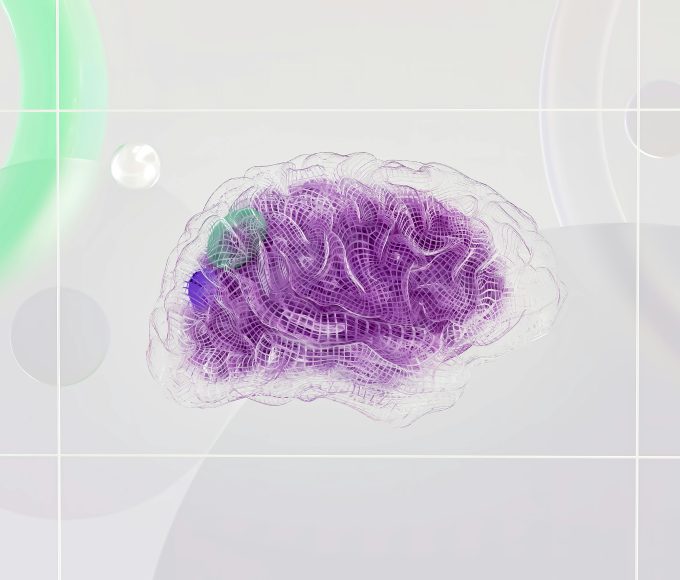 Many people have problems with alcohol. That does not mean that they are an alcoholic, but at times in someone’s life, especially during stressful times, they may find themselves drinking too much or too often. Even if they are not alcoholics, not getting this under control can lead to alcoholism.
Many people have problems with alcohol. That does not mean that they are an alcoholic, but at times in someone’s life, especially during stressful times, they may find themselves drinking too much or too often. Even if they are not alcoholics, not getting this under control can lead to alcoholism.
However, cutting off drinking cold turkey may not be successful for many people, including those who are alcoholics. There are some people who are starting to think that tapering off drinking may be more successful than simply cutting of alcohol consumption. For example, the reason that so many people return to rehab is because just drying someone out does not work. It may be unrealistic for some people to abruptly stop drinking for a variety of reasons.
The most common is that the reason people drink is usually related to stress or depression. If people are not given a way of dealing with the issues that lead to the drinking to begin with, there’s little to keep them from returning to the same behaviors. That being the case, it may be better to slowly reduce alcohol consumption while attempting to root out or deal with the cause of the depression or stress.
There are a variety of ways that people can start to limit and cut down on their alcohol consumption. The first is to start a journal that follows how much and how often someone is drinking. Many people suspect that they may be drinking too much but are not aware of how much they are actually consuming. Keeping a journal will allow someone to see exactly how often and what they are drinking, and it also gives them a way to keep track of progress and ensure they are actually reducing their intake.
Another way that someone can work on lowering their alcohol intake is to create a plan of action that slowly decreases the amount that they drink. The end goal should be to stop drinking more than one drink a day, but people should create a timeline that diminishes to that amount over a period of time. This will be determined by how much someone finds themselves drinking and how often.
Figuring out what triggers drinking can also help lower the amount of alcohol someone consumes. If someone starts wanting a drink after they talk to an ex or after a bad day at work, it can help them try to relieve the stress in other ways. This could involve talking to a friend, going out for a drive or watching a funny movie. If possible, the person should avoid situations that cause them to want to drink. Obviously, quitting a stressful job may not be possible, but if talking to someone triggers the desire for alcohol, avoiding a phone call might be a good idea.
Finally, if someone is serious about reducing the amount they drink, they should turn to friends and family for help and support. Many times people are ashamed to ask for help or admit they may have a problem, but support and guidance are critical to getting past the issues that cause the desire to drink. It can also be helpful when someone tells a friend or family member to remind them that they are attempting to lower the amount of alcohol they are consuming.
Cutting down on drinking doesn’t happen overnight, but as long as continuous progress is being made to reduce the amount of alcohol consumed, the chances of success are good.
Liza is a health writer who believes that detoxing your body can make a huge impact on your overall health.














